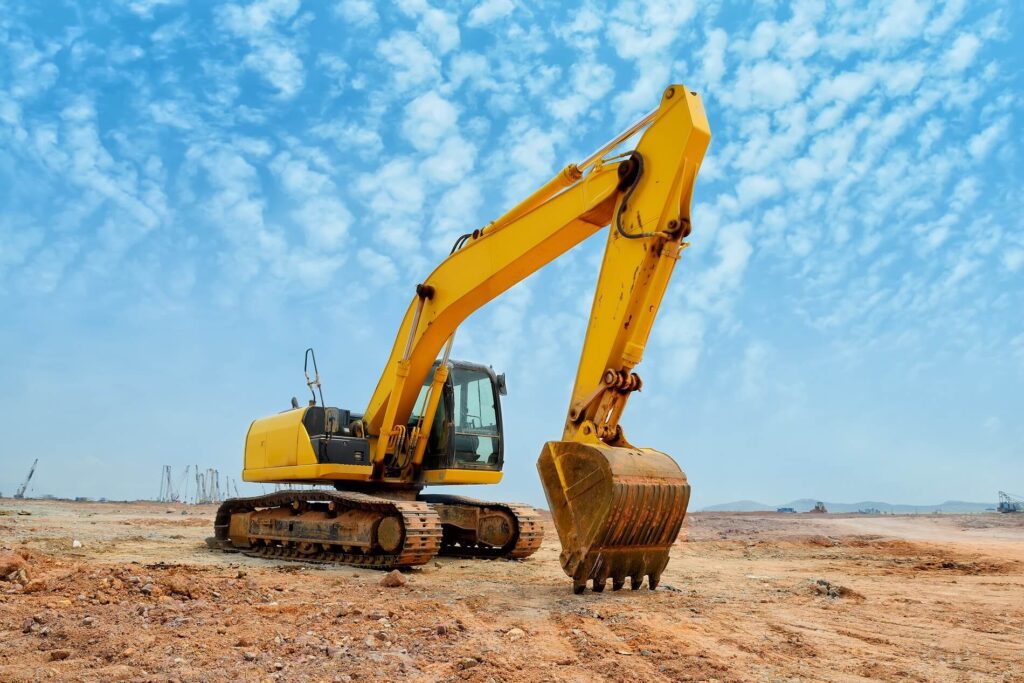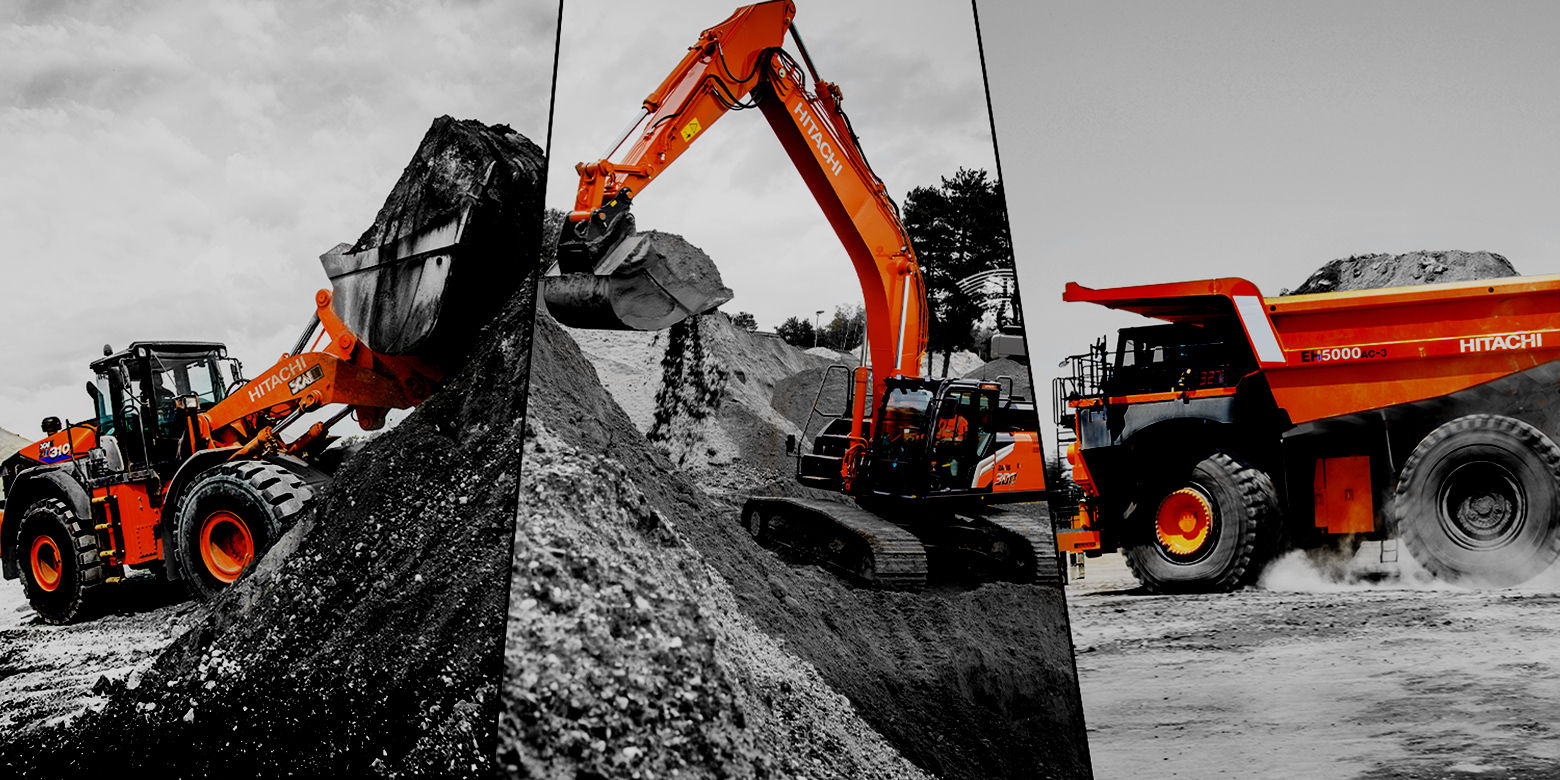Dozer Rental in Tuscaloosa, AL: Trusted and Economical Heavy Machinery
Wiki Article
Discovering the Financial Advantages of Renting Building Equipment Compared to Owning It Long-Term
The choice in between owning and leasing building equipment is essential for economic management in the sector. Leasing offers prompt expense financial savings and operational adaptability, allowing firms to allot resources more efficiently. In contrast, ownership includes substantial long-term monetary commitments, consisting of upkeep and depreciation. As service providers evaluate these options, the effect on capital, task timelines, and technology gain access to becomes significantly substantial. Understanding these subtleties is essential, specifically when considering how they straighten with details project requirements and financial strategies. What elements should be focused on to make certain optimum decision-making in this facility landscape?
Cost Comparison: Leasing Vs. Having
When examining the monetary implications of possessing versus renting out building and construction tools, a complete expense contrast is crucial for making educated decisions. The selection in between renting and possessing can substantially impact a firm's lower line, and understanding the connected expenses is important.Renting building and construction equipment typically involves reduced ahead of time prices, allowing organizations to assign resources to various other functional needs. Rental agreements often consist of adaptable terms, enabling firms to access advanced equipment without long-term dedications. This flexibility can be specifically beneficial for short-term jobs or fluctuating work. However, rental expenses can collect with time, possibly exceeding the expenditure of ownership if equipment is needed for a prolonged period.
On the other hand, having building equipment requires a substantial initial investment, in addition to recurring prices such as financing, insurance policy, and depreciation. While possession can bring about long-term savings, it also ties up capital and might not provide the very same degree of versatility as renting. Additionally, owning tools demands a dedication to its usage, which might not constantly line up with job demands.
Ultimately, the decision to rent out or have should be based upon a thorough evaluation of particular project demands, monetary capacity, and long-lasting critical goals.
.png)
Upkeep Costs and Duties
The option between renting and owning building devices not only includes economic factors to consider but also incorporates ongoing maintenance expenses and duties. Having equipment requires a substantial commitment to its maintenance, which consists of routine evaluations, repairs, and possible upgrades. These obligations can rapidly accumulate, bring about unforeseen expenses that can strain a spending plan.In comparison, when leasing equipment, upkeep is normally the obligation of the rental firm. This plan allows contractors to prevent the financial burden connected with wear and tear, along with the logistical difficulties of organizing repair work. Rental arrangements commonly include stipulations for maintenance, suggesting that specialists can focus on completing projects as opposed to stressing about tools condition.
Furthermore, the diverse range of devices readily available for rent allows business to choose the latest designs with advanced innovation, which can boost performance and productivity - scissor lift rental in Tuscaloosa, AL. By deciding for services, companies can prevent the lasting obligation of tools devaluation and the associated maintenance migraines. Inevitably, evaluating maintenance expenses and duties is essential for making a notified choice concerning whether to own or lease building and construction equipment, considerably affecting general job prices and operational efficiency

Devaluation Effect On Possession
A considerable aspect to take into consideration in the choice to possess construction equipment is the impact of depreciation on general ownership expenses. Home Page Devaluation stands for the decrease in value of the devices gradually, affected by aspects such as use, damage, and innovations in modern technology. As tools ages, its market worth reduces, which can substantially affect the owner's financial placement when it comes time to trade the tools or offer.
For construction companies, this devaluation can convert to considerable losses if the tools is not used to its max potential or if it lapses. Owners have to represent depreciation in their monetary projections, which can bring about higher general expenses contrasted to leasing. Additionally, the tax obligation implications of devaluation can be complex; while it might provide some tax obligation benefits, these are usually balanced out by the truth of reduced resale value.
Inevitably, the concern of devaluation emphasizes the relevance of understanding the long-lasting financial commitment entailed in owning building equipment. Business have to thoroughly examine how commonly they will certainly use the devices and the possible financial effect of devaluation to make an enlightened decision about possession versus renting.
Economic Flexibility of Leasing
Leasing building and construction equipment provides considerable economic adaptability, allowing companies to assign sources extra efficiently. This adaptability is especially critical in a sector characterized by varying job demands and varying work. By opting to lease, companies can avoid the significant funding investment required for purchasing devices, protecting money circulation for other operational requirements.Furthermore, leasing equipment allows companies to tailor their equipment selections to details task needs without the lasting dedication connected with ownership. This implies that companies can easily scale their equipment supply up or down based upon awaited and present job needs. Consequently, this adaptability reduces the threat of over-investment in equipment that might become underutilized or obsolete over time.
One more financial benefit of renting out is the capacity for tax benefits. Rental settlements are usually taken into consideration overhead, enabling immediate tax reductions, unlike devaluation on owned equipment, which is topped a number of years. scissor lift rental in Tuscaloosa, AL. This immediate expenditure recognition can further boost view publisher site a firm's cash placement
Long-Term Job Factors To Consider
When examining the long-lasting needs of a building and construction service, the decision in between renting and possessing devices comes to be more complicated. Key aspects to consider consist of job duration, regularity of use, and the nature of upcoming jobs. For tasks with extended timelines, purchasing devices may seem advantageous because of the possibility for lower total costs. Nevertheless, if the tools will not be used continually across jobs, possessing may result in underutilization and unneeded expense on maintenance, insurance coverage, and storage space.The building industry is evolving swiftly, with new equipment offering boosted effectiveness and security features. This adaptability is particularly beneficial for organizations that take care of diverse jobs needing different types of equipment.
In addition, monetary stability plays a crucial duty. Having equipment usually involves substantial funding financial investment and devaluation concerns, while leasing enables even more predictable budgeting and capital. Eventually, the selection between having and renting must be straightened with the calculated purposes of the building business, thinking about both existing and expected job needs.
Conclusion
In final thought, renting building tools offers substantial economic advantages over long-lasting possession. The decreased upfront expenses, removal of upkeep obligations, and evasion of devaluation contribute to about his enhanced capital and monetary adaptability. scissor lift rental in Tuscaloosa, AL. Furthermore, rental repayments act as prompt tax obligation deductions, even more profiting service providers. Ultimately, the decision to lease instead than very own aligns with the vibrant nature of construction tasks, enabling adaptability and access to the current devices without the economic worries related to possession.As devices ages, its market value decreases, which can dramatically influence the owner's financial position when it comes time to market or trade the equipment.
Renting out building tools supplies significant monetary adaptability, permitting companies to assign sources a lot more successfully.Furthermore, renting out devices makes it possible for companies to tailor their tools selections to certain job needs without the long-lasting commitment linked with ownership.In verdict, leasing building tools uses substantial economic advantages over lasting ownership. Inevitably, the decision to rent rather than very own aligns with the dynamic nature of building and construction jobs, permitting for versatility and accessibility to the newest equipment without the monetary burdens linked with possession.
Report this wiki page